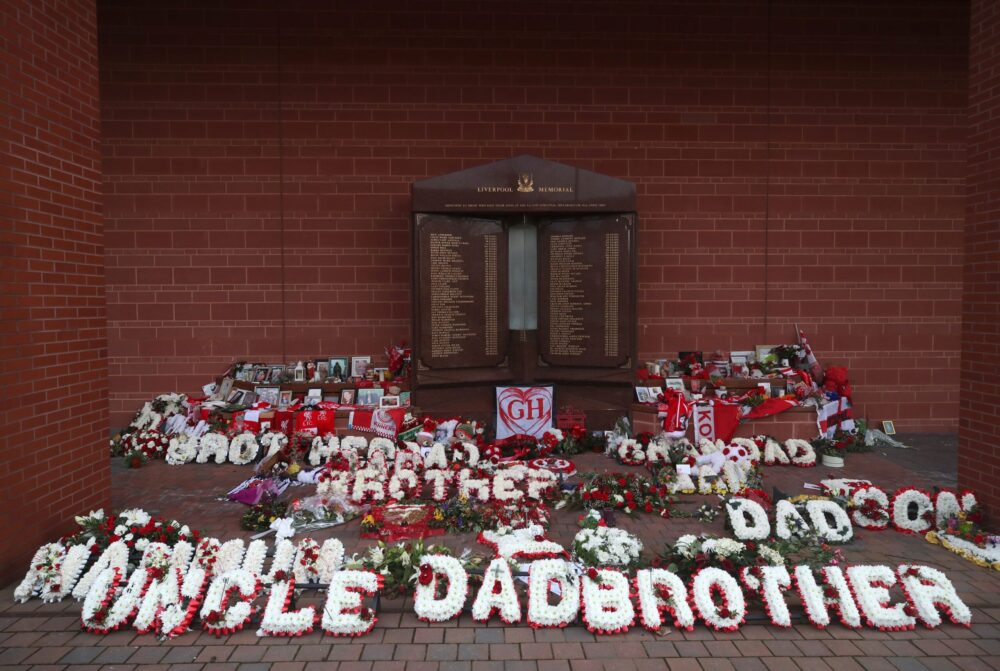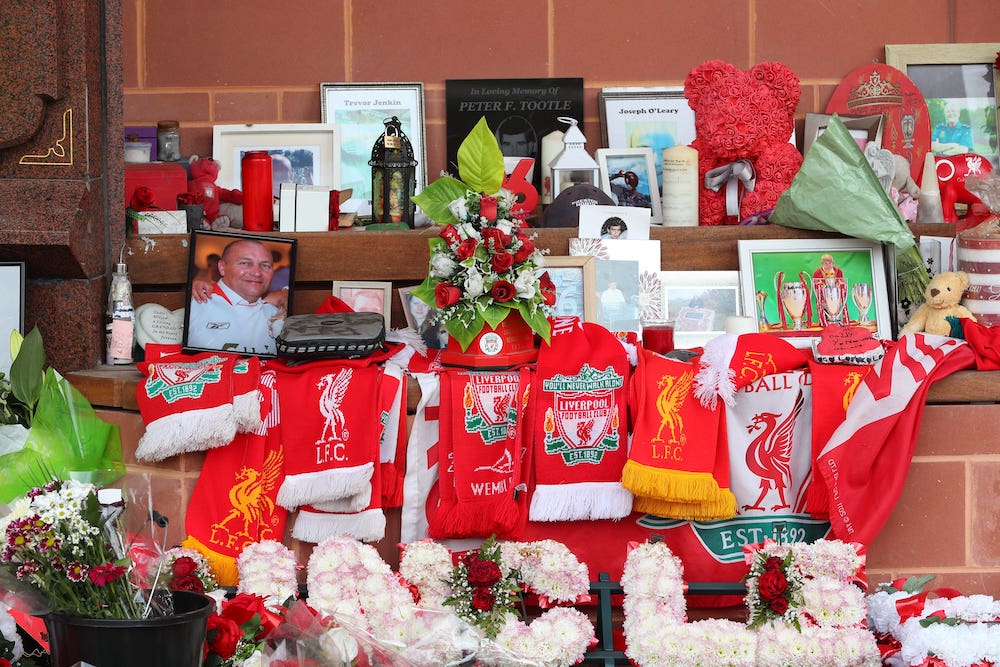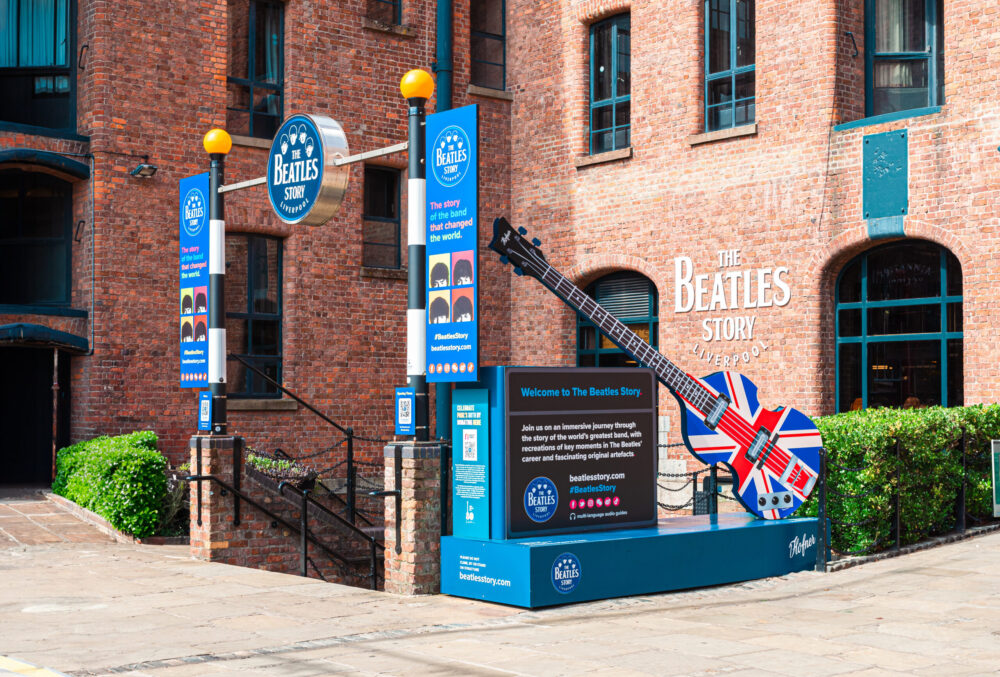
Liverpool News
Reflecting on the Hillsborough tragedy and its ongoing impact
2 years ago

The legacy of the Hillsborough tragedy extends beyond football, resonating in wider societal discussions about accountability, safety, and the rights of individuals in the face of systemic failures.
Today marks the 35th anniversary of the Hillsborough disaster, which stands as one of the most tragic events in British sporting history.
On April 15, 1989, during an FA Cup semi-final match between Liverpool FC and Nottingham Forest at Hillsborough Stadium in Sheffield, 96 Liverpool fans lost their lives due to a fatal crush in the stadium’s stands. This would later become 97 in 2021, when a coroner ruled that Andrew Devine had died due to injuries he sustained that day.
The incident led to an unspeakable impact on the families, survivors, and the wider community, transcending generations and shaping the landscape of public safety and accountability.
Over three decades have passed since that fateful day, and while the pain remains raw for many, significant steps have been made in seeking justice, uncovering truths, and addressing the systemic issues that surrounded the disaster.
The journey towards justice and accountability began with the relentless pursuit of truth by the families affected.

Their unwavering determination led to numerous investigations, culminating in the publication of the Hillsborough Independent Panel report in 2012. The report exposed the failings and institutional cover-ups that perpetuated misconceptions about the tragic events of that day.
Subsequent legal proceedings, including the fresh inquests that concluded in 2016, delivered a monumental verdict: the 97 victims were unlawfully killed. This verdict not only exonerated the fans but also placed responsibility squarely on the failures of the authorities in managing the crowd and responding to the unfolding crisis.
Former Bishop of Liverpool, the Right Reverend James Jones, played a pivotal role in shedding light on the truth through his independent review titled “The Patronising Disposition of Unaccountable Power,” which outlined essential lessons and advocated for systemic changes.
Despite the passage of time, the ramifications of the Hillsborough disaster persist. Families, survivors, and the wider community continue to grapple with its profound emotional, psychological, and societal effects. The trauma of that day echoes through the years, shaping conversations around public safety, transparency, and the rights of victims in the face of adversity.

Calls for a “Hillsborough Law” or Public Authority (Accountability) Bill reflect the ongoing efforts to enshrine legal duties of transparency and cooperation within public institutions. Campaigners emphasise the importance of learning from the past and ensuring that tragedies like Hillsborough are never repeated.
Beyond the legal and institutional aspects, the Hillsborough disaster remains an indelible part of Liverpool’s identity. The resilience and unity displayed by the city in the face of adversity stand as a testament to the strength of this community.
While the scars of Hillsborough may never fully heal, the pursuit of justice and the commitment to honouring the memory of those who perished remain unwavering. The legacy of the tragedy extends beyond football, resonating in wider societal discussions about accountability, safety, and the rights of individuals in the face of systemic failures.
The journey from then to now reflects a continuous quest for truth, accountability, and a profound hope that the lessons learned will pave the way for a safer and more just society for all.

On 6 December 2023, the government’s response to passing the Hillsborough Law signified another chapter in this ongoing narrative, as the Hillsborough families and the wider community strived for closure, justice, and a future where such tragedies are never forgotten, nor repeated.
This however was not to be the case, instead, in its long-delayed response, having waited six years, the Government had signed a “Hillsborough charter”, committing to openness and transparency after public tragedies.
The charter pledges to put the public interest above the Government’s reputation, and added that a “Hillsborough Law “, which would incorporate a legal duty of truthfulness, was not necessary.
Today, 35 years on, Liverpool continues to remember the tragic events of that fateful day, and the injustice received. We continue to fight against injustice, we will always remember the 97.
We will never forget.









 Subscribe
Subscribe Follow Us
Follow Us Follow Us
Follow Us Follow Us
Follow Us Follow Us
Follow Us Follow Us
Follow Us











